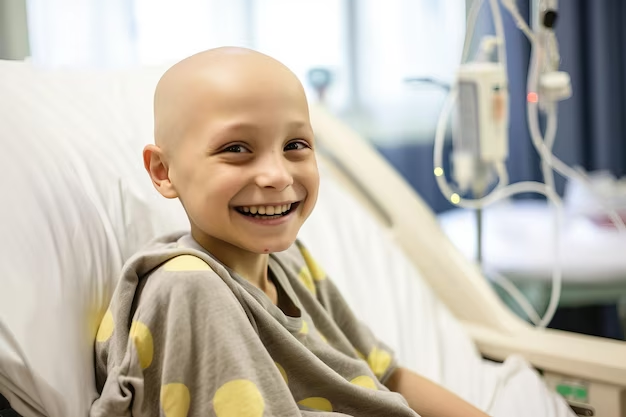quartetoolinda.com – Childhood cancer represents a unique and heart-wrenching challenge within the realm of oncology. Unlike adult cancers, pediatric cancers are rare, accounting for less than 1% of all cancers diagnosed in the United States each year. However, the impact of these diagnoses is profound, not only on the children themselves but also on their families and communities. The unique challenges and treatments associated with childhood cancer underscore the importance of specialized care and ongoing research in this field.
Unique Challenges of Childhood Cancer
- Diagnosis and Detection: The symptoms of childhood cancer can often be vague and similar to those of less serious conditions, leading to delays in diagnosis. Common symptoms include unexplained weight loss, persistent fever, and lumps or swellings. Early detection is crucial, yet often challenging due to these nonspecific symptoms.
- Psychological and Emotional Impact: A cancer diagnosis in a child can have profound psychological and emotional effects on the child and their family. Children may struggle with fear, anxiety, and depression, while parents and siblings may experience feelings of helplessness, guilt, and stress.
- Developmental Considerations: Children are still growing and developing, which means that cancer treatments must be carefully tailored to minimize long-term effects on their physical and cognitive development. This includes potential impacts on growth, fertility, and organ function.
- Social and Educational Disruption: Treatment for cancer can disrupt a child’s education and social life, leading to feelings of isolation and falling behind academically. Maintaining a sense of normalcy and continuity in these areas is crucial for the child’s overall well-being.
Treatments for Childhood Cancer
- Chemotherapy: This remains a cornerstone of treatment for many childhood cancers. Advances in chemotherapy have significantly improved survival rates for children with cancer. However, the side effects can be severe, and managing these effects is a critical part of pediatric oncology care.
- Radiation Therapy: While effective in treating certain types of cancer, radiation therapy carries significant risks for children due to their developing bodies. Precision techniques, such as proton therapy, are increasingly used to minimize damage to surrounding healthy tissues.
- Surgery: Surgical removal of tumors is often a part of the treatment plan. Pediatric surgeons specialize in minimizing the impact of surgery on the child’s growth and development.
- Immunotherapy: This innovative approach harnesses the body’s immune system to fight cancer. Immunotherapy is particularly promising in pediatric oncology because it can offer a more targeted approach with fewer side effects than traditional treatments.
- Targeted Therapy and Precision Medicine: Advances in genetics and molecular biology have led to the development of targeted therapies that specifically attack cancer cells while sparing normal cells. This approach is tailored to the individual’s cancer, based on genetic and molecular profiling.
The Role of Support and Advocacy
Beyond medical treatments, support for children with cancer and their families is crucial. This includes psychological support, educational assistance, and financial aid. Organizations and advocacy groups play a vital role in providing these resources and raising awareness about the unique challenges of childhood cancer.
Conclusion
Childhood cancer presents a complex array of challenges that require specialized care, innovative treatments, and ongoing research. While the prognosis for many childhood cancers has improved significantly over the past few decades, there is still much work to be done. Advocacy, support, and continued investment in pediatric oncology research are essential to improving outcomes for children with cancer and ensuring that they can lead healthy, fulfilling lives.
